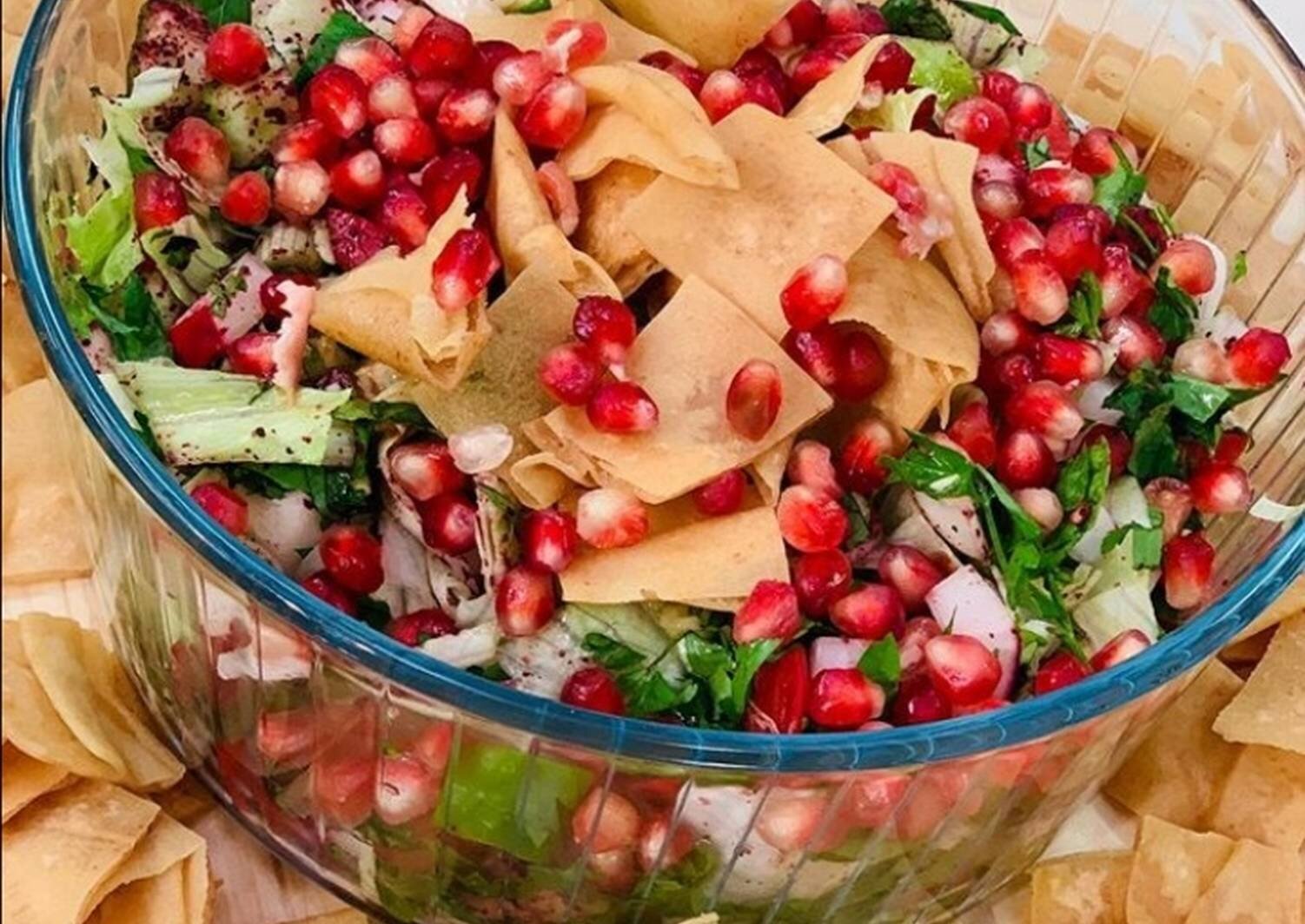
That Translator Can Cook: Warak Enab (Stuffed Grape Leaves)
Warak enab means ‘grape leaves’ in Arabic, but this dish is also commonly known as dolma, which is the singular term of this dish in Greek-usually the Greek stuffed grape leaves are referred to as dolmades (the plural term)…

That Translator Can Cook: Koshari
As NPR complains (affectionally, I’m sure) about “those pesky transliterations from Arabic script,” koshari can also be spelled ‘kushari’ or ‘koshari.’…

That Translator Can Cook: Margoog
This hearty stew is also called ‘matateez,’ which is quite fun to say. I could not find anything about margoog’s history, whether I searched in English or Arabic, so…

That Translator Can Cook: Harees
Harees is a very old recipe; variations of this porridge can be found in the 10th-century cookbook, Kitab al Tabikh…

That Translator Can Cook: Maaqouda
I couldn’t find much information about maaqouda’s origins, but one question did arise from it: why do we all like frying potatoes?

That Translator Can Cook: Shulbato
I made the mistake of making shulbato as an entrée even though it’s a side dish because as an entrée, it provides you waaay too much fiber…

That Translator Can Cook: Baklava
The origin of baklava is somewhat controversial and many groups (Turkish, Greek, Armenian, etc.) claim that it was created by their ancestors…

That Translator Can Cook: Maftoul
In Arabic, the word “maftoul” comes from the root “fa-ta-la”, meaning to twist or to roll, which is how maftoul is made…

That Translator Can Cook: Sumagiyya
While sumagiyya is made throughout the Levant (Syria, Lebanon, Jordan, and Palestine), it is a Gazan staple…

That Translator Can Cook: Halva
Halva’s origin is somewhat murky; “Some scholars have suggested it originated near Byzantium, now Istanbul, some time before the 12th century, while others believe it dates back all the way to 3000 B.C.E.”…

That Translator Can Cook: Malfouf (Stuffed Cabbage)
A lot of people don’t like cabbage because it stinks when you cook it, but cabbage is good for you…

That Translator Can Cook: Mombar
There are many similar yet distinct ways of stuffing sausage across North Africa and Southwest Asia…

That Translator Can Cook: Mutabbaq
Mutabar (muta meaning ‘egg’ and bar meaning ‘roti’) is the original name of this dish, but I’m not quite sure which language it is…

That Translator Can Cook: Fattoush
Fattoush is a Levantine (Syria, Lebanon, Jordan, and Palestine) specialty that is very light and healthy; scarf down platefuls of it at a time…

That Translator Can Cook: Maqluba
While the maqluba recipe can be found in a thirteenth-century Baghdad cookbook, it is mainly considered to be a Palestinian specialty…

That Translator Can Cook: Barazek
Barazek are considered a Syrian specialty, but some say that barazek actually came from Turkey…

That Translator Can Cook: Kousa Mahshi
I don’t really make this dish much in the US because the zucchinis and eggplants are not the right size for this dish…

That Translator Can Cook: Masoob
Masoob, also known as malikia in Yemen, is a breakfast and dessert (depending on personal preferences) that is popular in the Arabian Peninsula…

That Translator Can Cook: Zibdiyat Gambari
Zibdiyat gambari is a traditional Gazan stew, which is not surprising given Gaza’s geographic location, though seafood is not as abundant as it used to be because of the Israeli occupation…

That Translator Can Cook: Mujaddara
The word “mujaddara” means “pockmarked” in Arabic, which I’m guessing is due mujaddara’s appearance…
